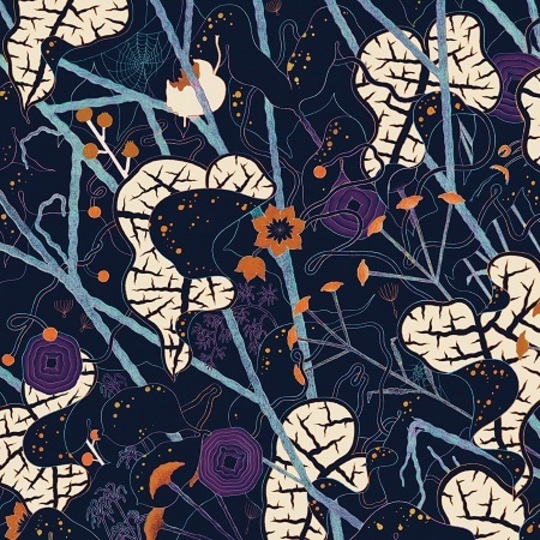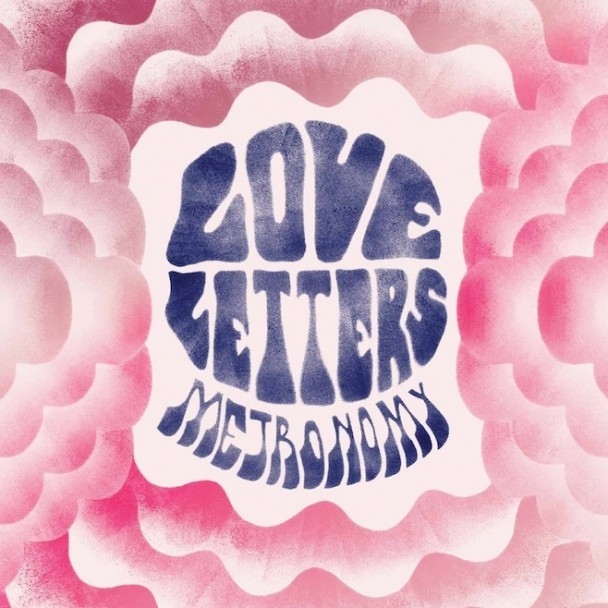The debut album from London’s Lyla Foy is a delicate, featherlite thing; pretty enough, filled with sonic detail but dangerously easy to overlook if you let your mind wander. Not that that’s necessarily a bad thing: Mirrors The Sky is full of airy vocals, subtle guitars and beats beneath dandelion clock melodies, but what it contains most of all is space. Entirely self-produced, Foy, once known under the moniker WALL, encodes her debut with a dreamy, hazy quality and while you can focus down on the deceptively sparse arrangements it’s easy to lose yourself in them. Like El Perro Del Mar’s Pale Fire, or even the National’s recent Trouble Will Find Me this is a record that allows you to drift, floating on its surface, aware of the depth beneath you but succumbing easily to its more soporific effects. It’s a lovely listening experience, like sitting on the top deck of a bus on a spring morning, looking out of the window at the budding and the blossoms as the landscape rolls by. There’s something freshening and carefree at play here.
The flipside is that, enjoyable as that experience is, it’s also fairly rootless. What Mirrors the Sky boasts in gentle atmosphere it loses in robust melody. Foy’s voice is lovely, but there’s something insubstantial about her vocal choices, as if she too is floating on the surface of these songs. After a while, you find yourself craving just a touch of pop trash, some sort of lifeline thrown across the songs to pull you towards the record’s real heart. It’s a guilty feeling, because the buffet Foy has served us is nourishing enough, it’s just sometimes you need a bit of red meat amid the clear water and fresh greens. Something, in short, to get your teeth into.
There are decent pop hooks here, they’re just deliberately played down. ‘I Only’ manages to feel both languid and actually rather catchy, bringing to mind the electronic folk of Seventh Tree era Goldfrapp, while ‘Only Human’ has an insistence lacking elsewhere on the album. ‘Someday’ has a real wistful quality, managing to find a balance between hope and something more melancholy, and the final jazzy waltz of ‘Warning’ is dreamy storytelling that see’s the album over the horizon.
Like many delicate works there’s a deceptive, mood-stone quality at play here and your experience of the record will depend on what you bring to it. You can float on the sunny surface or you can allow yourself to sink into the detail, where there’s a little more sadness waiting for you. Occasionally you might seek more variety in the tones and washes, but Foy has worked hard to create something that feels of a piece, and there’s no denying the talent at play here.
-
7Marc Burrows's Score
-
7User Score






















